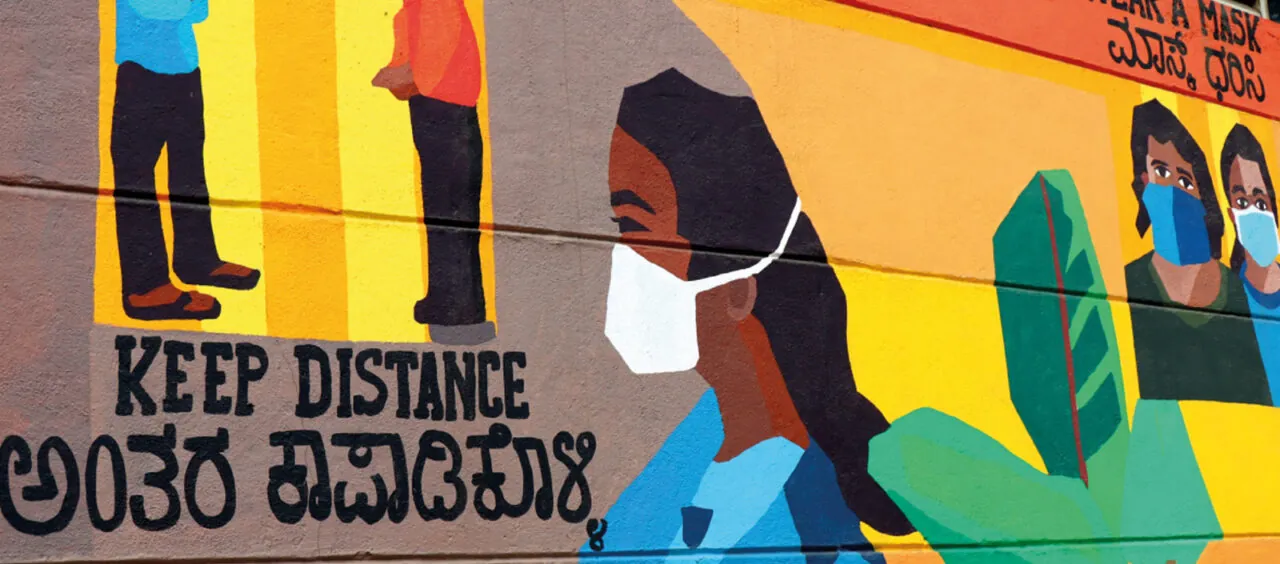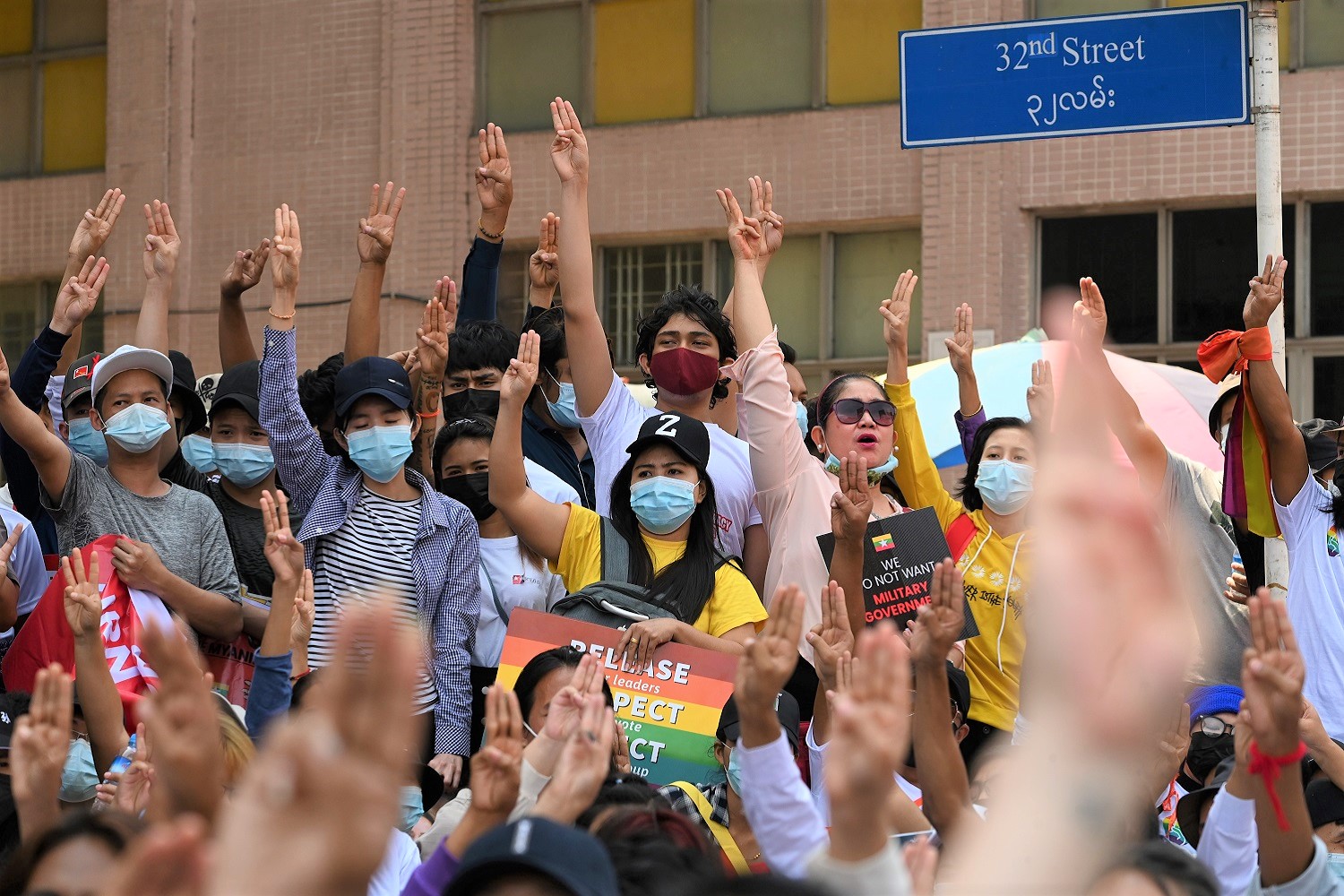This briefing summarises key issues identified by Covid Collective partners and academic literature around data, knowledge and information in the context of the Covid-19 pandemic response and recovery, and a sustainable, equitable future.
Key Issues
Diverse knowledge is critical to effective, equitable response and recovery
Despite newly reinvigorated and widely embraced calls for ‘evidence-based decision-making’ and lessons from previous global health crises, expert generated epidemiological, public health and biomedical knowledge was the dominant form of knowledge throughout the Covid-19 pandemic.
A lot of data and evidence already exists
Although social knowledge has been largely marginalised in the pandemic, particularly in the early days, much data has been generated as researchers, civil society, governments and others mobilised to generate it. However, key challenges stood – and continue to stand – in the way of existing knowledge being utilised for a more equitable (and effective) Covid-19 response and a sustainable and equitable future.
Knowledge gaps persist on vulnerable groups
While it is important for stakeholders to join up efforts to make better use of existing data, there remain major knowledge gaps. This is the case on a global scale, as well as on national and local scales, particularly in relation to the lived experiences, challenges, priorities, perspectives and capacities of vulnerable groups.
Ethics of data collection and knowledge production
Informed consent, dignity, rights, privacy and inclusion – including the direct involvement and leadership of local people – are central issues to knowledge creation.



